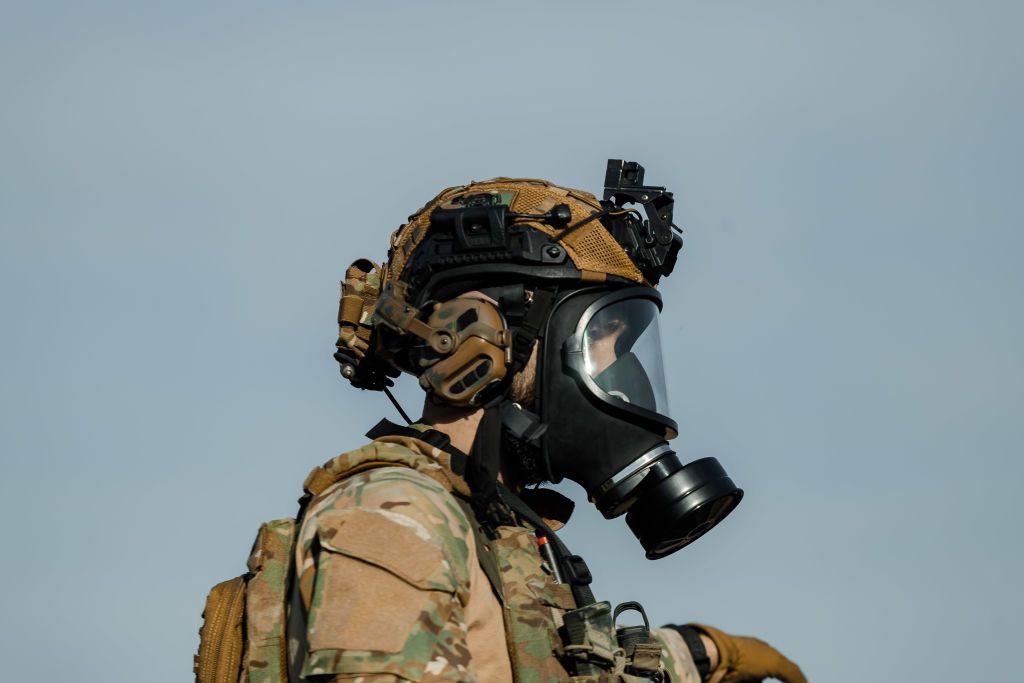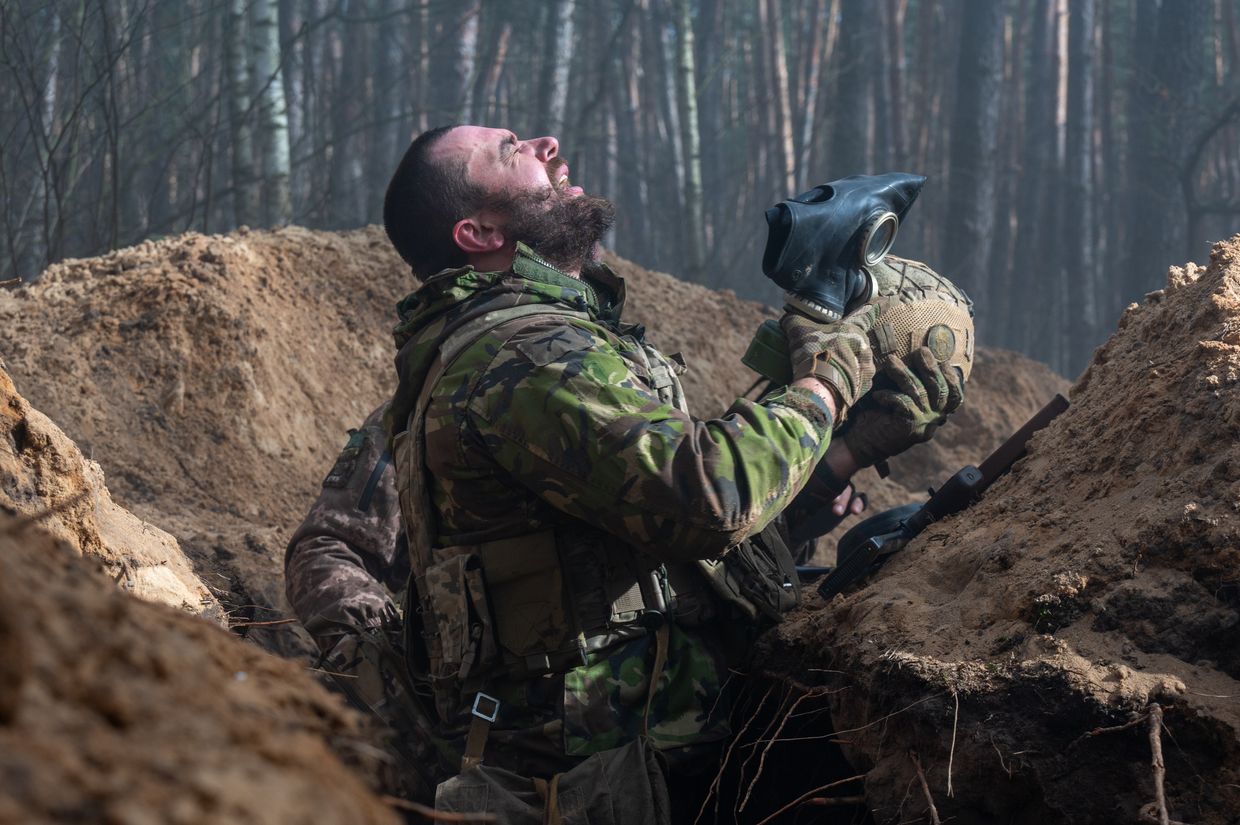Russian army used chemical weapons 323 times in October, Ukraine's General Staff says

Russian forces used chemical weapons on the battlefield 323 times in October, Ukraine's General Staff reported on Nov. 8.
Since the beginning of Russia's full-scale invasion of Ukraine, radiation, chemical, and biological intelligence units have been recording the use of hazardous chemicals on the battlefield. Since February 2022, 4,613 cases have been recorded.
The Russian army uses munitions such as K-51 and RG-VO, which are loaded with hazardous chemicals that are used for counter-riot operations, and are prohibited as weapons of war, the General Staff's report read.
The Ukrainian military has also recorded a "significant" amount of ammunition containing hazardous chemical compounds of an "unspecified type."
Russia's use of chemical munitions "flagrantly violates the rules of warfare, ignores the norms and obligations under the Convention on the Prohibition of the Development, Production, Stockpiling, and Use of Chemical Weapons and on their Destruction," the General Staff said.
Russia's use of gas attacks is rising, a Kyiv Independent investigation from August showed. Ukrainian soldiers and officers interviewed by the Kyiv Independent acknowledged that the tactic is effective, allowing Moscow to capture positions occasionally without destroying them.
Ukrainian soldiers reported suffering up to six gas attacks daily, usually two to three attacks within an hour.
The U.K. issued sanctions against Russian units involved in the use of chemical weapons on the battlefield in Ukraine on Oct. 8.
Earlier this year, the U.S. State Department confirmed Russian forces have used the chemical agent chloropicrin in Ukraine. The announcement was part of a larger statement about the introduction of new U.S. sanctions against more than 280 individuals and entities.
Chloropicrin is often used as an herbicide. According to the U.S. Centers for Disease Control (CDC), exposure to its vapors can cause severe irritation to the skin, eyes, and, if inhaled, internal organs.














